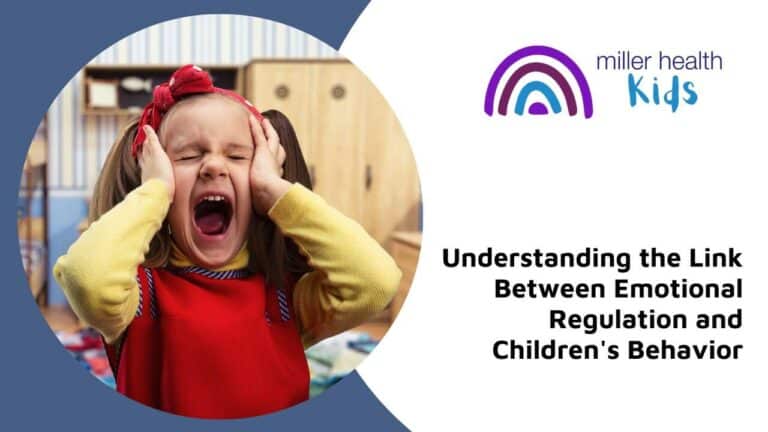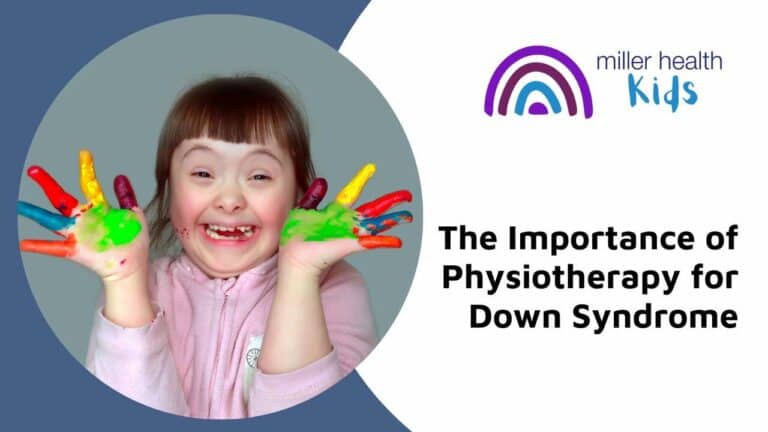
Did you know that outdoor play is an integral aspect of healthy brain development? In this day and age, screens have taken over and time outside is no longer at the forefront of many children’s lives. Keep reading to learn why outdoor play is so important for your child.
Why Outdoor Play Matters for Your Child
Encouraging children and youth to engage in outdoor play is so important for healthy brain development because the brain is continually changing during childhood. Everything a child is exposed to has the potential to impact brain development.
During play, the frontal cortex (the part of the brain that controls emotions and problem-solving) is activated and forces the brain to make neurotransmitter connections that are essential to a child’s development. These transmitters affect many functions including sleep patterns, thoughts, emotions, movement and they help to communicate sensory and motor messages.
Mental and Physical Health Benefits
Outdoor play helps to improve both physical health and mental health. It provides an excellent opportunity to decrease stress, anxiety and improve overall mood. This can further help with better learning outcomes, critical thinking and problem solving, and increased engagement in learning.
Creative Ways to Encourage Outdoor Play
Take advantage of nature’s playground and have fun supporting your child’s imaginative play! Some creative and enjoyable ways to do this can include:
1) Nature Art
Have children go outside and collect a handful of rocks, acorns, flowers, leaves etc. Use the collected items in lieu of paintbrushes to create a “one of a kind” masterpiece. Have fun experimenting with different textures, shapes and patterns!
2) Bird Watching
Go for a walk in the park, or just lie down in your backyard and simply notice any birds you can see and/or have your child close their eyes and listen for any birds. Stay curious and spark curiosity by thinking about where the birds are coming from and where they are going. Ask your child, if you were a bird, where would you fly to?
3) Scavenger Hunt
Have your child create a scavenger hunt for you! Encourage them to focus on the 5 senses – taste, smell, touch, sound, sight, or pick a theme such as a “Gratitude Scavenger Hunt” and complete it as a family. Have fun letting your child be the leader and take control of the activity.
4) Chalk Talk
Grab some outdoor chalk, go for a walk and have fun creating uplifting pictures and messages for others walking by. Encourage your child to think about what other people will think, feel and do when they notice what‘s been drawn. Ask your child how the activity made them feel and praise them for their good deed!
Final Words
If you are looking for other specific ways to help your child as they navigate development and other life challenges, book an appointment with our Registered Social Worker, Jessie. She focuses on assisting children, youth and families. Complimentary phone consultations are also available.








